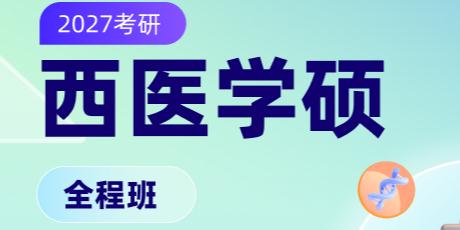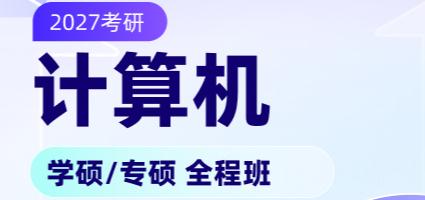1998-2022 ChinaKaoyan.com Network Studio. All Rights Reserved. 沪ICP备12018245号
2017翻译硕士:中华思想文化术语翻译选读——五行
五行(wǔxíng)
“五行”有三种不同的含义:其一,指五种最基本的事物或构成万物的五种元素。《尚书·洪范》最早明确了“五行”的内容,即金、木、水、火、土。五种事物或元素有其各自的属性,彼此间存在相生相克的关系。其二, 五行进一步被抽象为理解万物和世界的基本框架,万物都可以纳入到五行的范畴之中,并因此被赋予不同的性质。其三,指五种道德行为。荀子曾指责子思、孟子“按往旧造说,谓之五行”,从郭店楚墓竹简及马王堆汉墓帛书相关文字内容来看,该“五行”指仁、义、礼、智、圣。
Wuxing
There are three meanings to the term. 1) The five fundamental things or elements that make up all things. The Book of History was the first to define the five elements: metal, wood, water, fire, and earth. Each of these has its own properties and they interact in a generative or destructive relationship. 2) On a more abstract level, the term refers to the basic framework to understand the world. All things can be included in the realm of wuxing (五行) and their properties are explained or understood accordingly. 3) It refers to five kinds of moral behavior. Xunzi once criticized Zisi and Mencius for “creating wuxing on the basis of old theories.” Ancient bamboo slips unearthed from a grave at Guodian dating back to the State of Chu as well as inscribed silk texts from the Mawangdui Tomb of the Western Han Dynasty, all describe this wuxing as benevolence, righteousness, li (礼), wisdom, and the wisdom and character of a sage.
********************************************
【引例】
天有三辰,地有五行。(《左传·昭公三十二年》)
In heaven there are the sun, moon, and stars, while on earth there are the five elements: metal, wood, water, fire, and earth. (Zuo’s Commentary on The Spring and Autumn Annals)
天地之气,合而为一,分为阴阳,判为四时,列为五行。(董仲舒《春秋繁露·五行相生》)
The qi of heaven and that of earth merge into one; it evolves into yin and yang, the four seasons, and the five elements of metal, wood, water, fire, and earth. (Dong Zhongshu: Luxuriant Gems of The Spring and Autumn Annals)
来源未注明“中国考研网\考研信息网”的资讯、文章等均为转载,本网站转载出于传递更多信息之目的,并不意味着赞同其观点或证实其内容的真实性,如涉及版权问题,请联系本站管理员予以更改或删除。如其他媒体、网站或个人从本网站下载使用,必须保留本网站注明的"稿件来源",并自负版权等法律责任。
来源注明“中国考研网”的文章,若需转载请联系管理员获得相应许可。
联系方式:chinakaoyankefu@163.com
- 2027考研英语全程班 6班
- 权威高配师资亲授技巧,教研千锤百炼科学提分。直录播课相结合精讲互动二合一,专业团队精细化作文批改。讲练结合,随学随练稳步提升。支持试听~
- 主讲团队:王江涛、谭剑波、董仲蠡、许聪杰、陈志超、潘赟、郑艳彤、易熙人

扫码关注
了解考研最新消息












